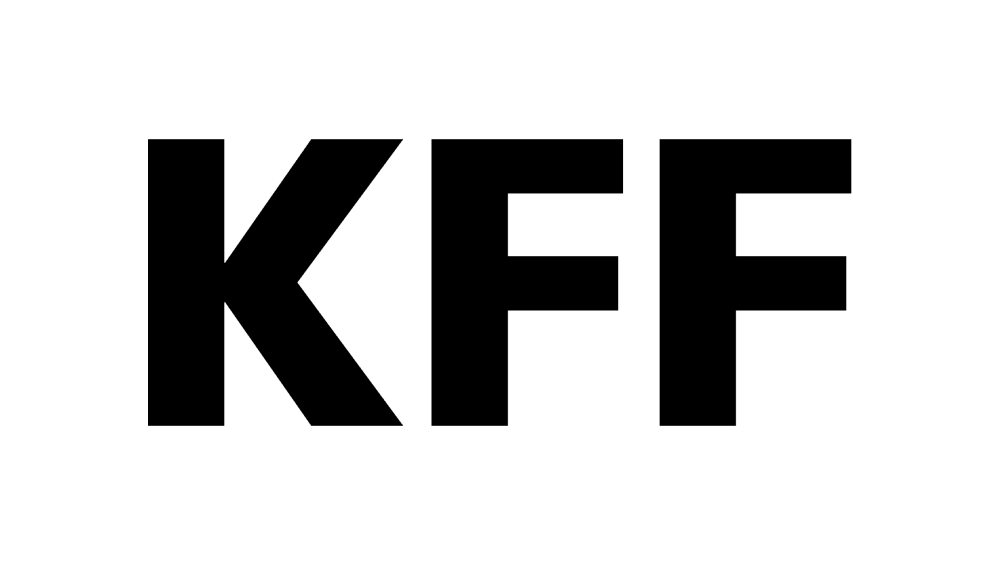 Analysis Finds Specialty Drugs Rank High Among Medicaid’s Most Costly Outpatient Drugs
News Release
Analysis Finds Specialty Drugs Rank High Among Medicaid’s Most Costly Outpatient Drugs
News Release
Costly specialty drugs, such as those used to treat Hepatitis C and HIV, are among the most costly medications in state Medicaid programs, chiefly because of their high prices for a course of treatment, according to a new Kaiser Family Foundation analysis of Medicaid’s most costly outpatient drugs. Abilify, an…